Cenrtral Workshop
Central Asia Sub-Regional Training Workshop on “Strengthening National Capacities in Education Data and Statistics for Evidence Based Policy Making, Planning and Monitoring of SDG 4”
UNESCO Institute of Statistics (UIS) in collaboration with UNESCO Bangkok organized a regional training programme to build national capacities in the education data and statistics to improve the regional and national policies, planning and monitoring in the region.
Purpose and Objectives
The main purpose of the training workshop is to develop appropriate skills and capacities among UNESCO Member States from East and Southeast Asia in using UIS tools and methodologies in producing education data and indicators for quality planning, monitoring and decision making. Specific objectives of the training workshops are:
- To introduce and train key focal persons from Member States on UIS tools and methodologies including International Standard Classification for Education (ISCED) for producing quality data, statistics, and indicators for SDG 4 monitoring particularly focusing on benchmark indicators;
- To discuss and share experiences on strengthening education data systems in improving education data in the countries;
- To train focal persons undertaking data analysis for generating policy relevant information using SDG 4 indicators and other national indicators;
- To review and discuss on the benchmark exercise in the region, key challenges and its use for monitoring SDG 4 policy gaps and data gaps;
- To discuss and orient participants on the processes and approaches of national SDG 4 mid-term reviews (MTR) using national benchmark indicators.
- To review and finalization of the country data submitted to UIS
Key Expected Learning Outcomes
After the completion of the training, participants would be able to:
- Explain the SDG4 monitoring frameworks and indicators with their definition, methodologies, interpretation, limitation, and use
- Demonstrate calculation of the SDG4 indicators following UIS methodologies
- Apply international standards e.g., ISCED 2011 and other standards in production and reporting of data at international level
- Explain and discuss the Regional and national indicator benchmark and gaps in data and policies in achieving the benchmarks by 2030.
- Perform data analysis using various indicators for policy discussions and planning and monitoring
- Provide/submit quality data to UIS through different tools
- Explain the process of the Mid-Term Review of SDG 4 at national and regional level and use of benchmark indicators in the review process
Resources
- Concept Note
- Agenda
- SDG 4 Monitoring Framework and Indicators
- SDG 4 Indicators Data Sources Methodologies Interpretation and Use Decision-Making
- UIS Annual Survey and UIS New Template International Data Compilation
- Issues and Challenges Responding UIS Questionnaires
- Strengthening Data Systems Respond UIS Questionnaires
- Comprehensive National SDG 4 Monitoring System and Strengthening EMIS SDG 4.1
- A comprehensive national SDG 4 monitoring system – strengthening EMIS Household Surveys for SDG 4
- A comprehensive national SDG 4 monitoring system – strengthening EMIS Procedures and Priorities
- Scenario Exercises
- Scenario First Aid
- Establishing School Management Information Systems (SMIS)
- Understanding Linkage between Data Indicator and Policy Analysis
- Exercise Data Analysis Scenario
- Scenario and Questions Dataset Solutions
- Template Solutions Education Data
- Overview Regional and National Benchmarking Process Challenges and Way Forwards
- Proposed Asia-Pacific Regional Minimum Benchmarks
- Objectives, Process, and Approaches of the National Midterm Review of SDG 4
- Transforming Education Summit Overview and Monitoring Progress
- SDG 4 Indicator List and Sources

